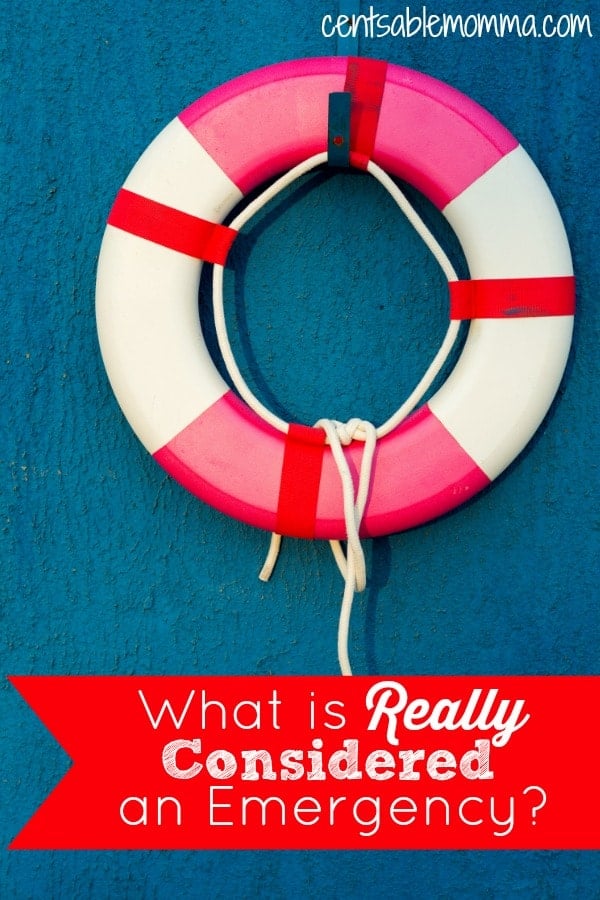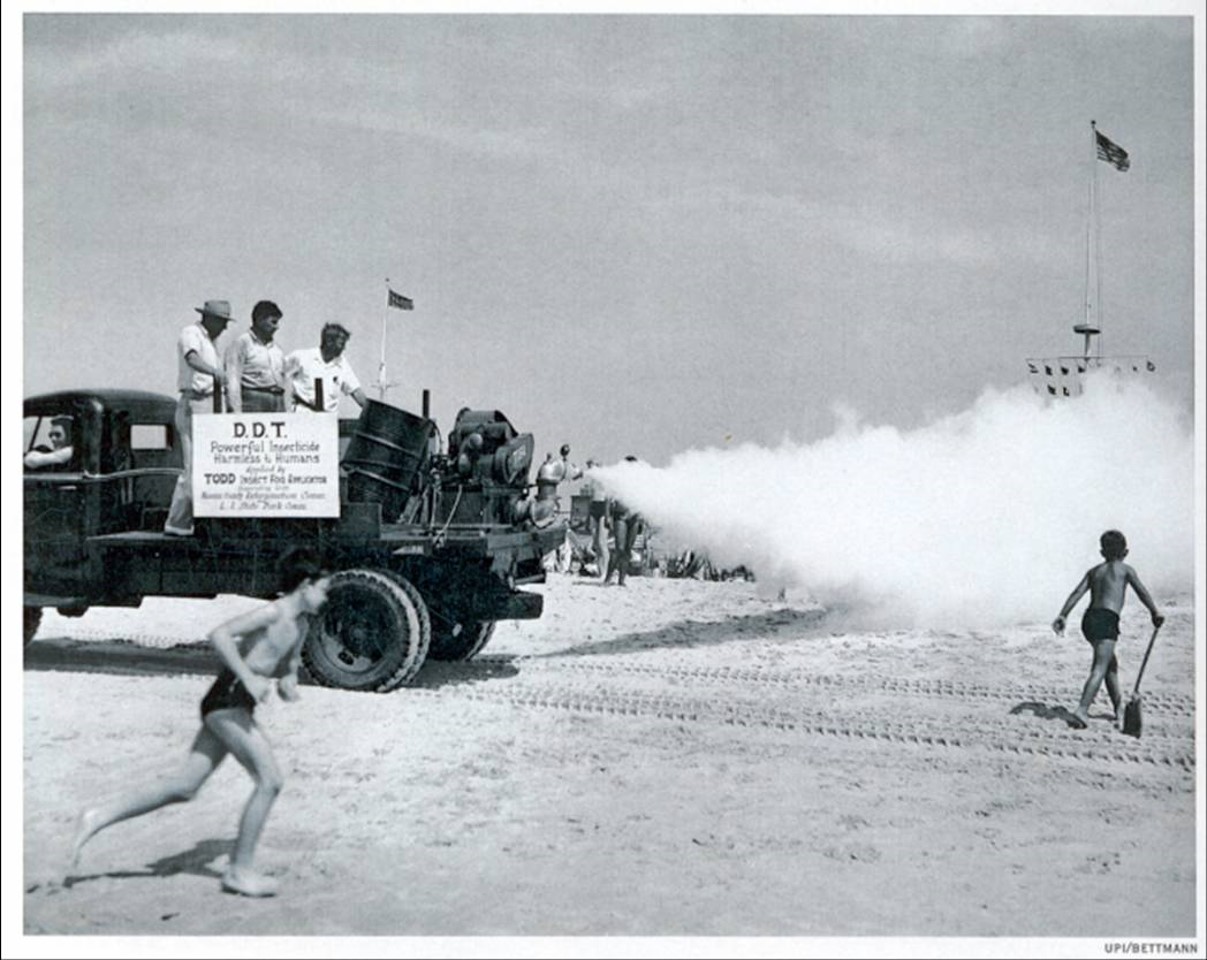Public Entertainment Facility Regulations: What’s Permitted and What’s Not
Understand public entertainment facilities
Public entertainment facilities serve as venues for various forms of recreation, cultural experiences, and social gatherings. These establishments include theaters, concert halls, sports arenas, amusement parks, and other spaces design for public amusement. Notwithstanding, not all activities are permit within these facilities, yet when they’re formally approved by local authorities.
Know what’s allow and what’s prohibit help patrons enjoy these spaces responsibly while maintain safety and order for everyone. The regulations can vary importantly base on local laws, the specific type of facility, and its intent purpose.
Common permitted activities in approved entertainment facilities
Food and beverage consumption
Near approve entertainment facilities permit food and beverage consumption in designate areas. Many venues feature concession stands, restaurants, or food courts where patrons can purchase refreshments. Notwithstanding, the rules regard outside food and drinks vary wide:
- Movie theaters typically allow purchase concessions but prohibit outside food
- Sports arenas mostly permit food purchases from internal vendors
- Concert venues oftentimes allow bottled water but restrict other outside beverages
- Family entertainment centers commonly have designate eat areas
Some facilities with alcohol licenses permit alcoholic beverage consumption within specific boundaries. These venues typically implement age verification procedures and may limit the quantity of alcoholic drinks sell per person.
Photography and recording
Non-commercial photography is mostly pepermittedn most public entertainment facilities, peculiarly in common areas. Many venues allow:

Source: classroomstruggle.org
- Personal photographs with smartphones or cameras
- Selfies and group photos in public spaces
- Photography of architectural features or displays
Notwithstanding, restrictions apply to professional photography equipment, flash photography during performances, and any recording that might infringe on intellectual property rights. Invariably check the specific facility’s policies, as rules can differ well between venues.
Electronic device usage
Most modern entertainment facilities permit the use of smartphones and other personal electronic devices in common areas. This typically include:
- Text and make calls in appropriate areas
- Use social media applications
- Access facility apps for navigation or information
- Use electronic tickets or pass
Many venues directly offer free Wi-Fi and charge stations to accommodate patrons’ device usage. Notwithstanding, during performances or presentations, facilities commonly request that devices be silence or turn off entirely.
Accessibility accommodations
Approved public entertainment facilities must comply with accessibility laws like the Americans with disabilities act (aAda) This mean they broadly permit:
- Service animals accompany individuals with disabilities
- Mobility devices such as wheelchairs and scooters
- Assistive listening devices or other accessibility technology
- Necessary medical equipment
These accommodations are lawfully protected, and facilities can not prohibit their use when right employ by those who need them.
Activities typically prohibit in entertainment facilities
Smoking and vaping
Indoor smoking is prohibited in virtually all public entertainment facilities throughout thUnited Stateses. This prohibition typicallextendsnd to:
- Traditional cigarettes and cigars
- Electronic cigarettes and vaping devices
- Smokeless tobacco in some venues
- Cannabis products, regular in states with legalized recreational use
Some facilities may have designate outdoor smoking areas, but these are become progressively rare as public health concerns gain prominence. Violations of smoking policies can result in ejection from the premises.
Weapons and dangerous items
Weapons are universally prohibited in public entertainment facilities, disregardless of permit status. Ban items typically include:
- Firearms of any kind
- Knives and other bladed weapons
- Explosive or flammable materials
- Self-defense items like pepper spray or tasers
- Any object that could passably be use as a weapon
Many venues implement security screenings, metal detectors, or bag checks to enforce these prohibitions. Law enforcement officers may be exempt from these restrictions while on duty.
Disruptive behavior
Entertainment facilities prohibit behaviors that interfere with other patrons’ enjoyment or pose safety risks. These typically include:
- Excessive noise during performances
- Run or roughhouse in crowded areas
- Intoxication that lead to disruptive conduct
- Harassment of staff or other patrons
- Unauthorized access to restricted areas
Facility staff have the authority to remove individuals engage in disruptive behavior, and serious violations may result in ban from the premises or legal consequences.
Special considerations for different types of facilities
Theaters and performance venues
These facilities have specific regulations relate to performances:
- Late entry may be restricted or solitary permit at designate intervals
- Recording of performances is typically prohibit due to copyright concerns
- Flash photography is virtually universally ban during performances
- Noise restrictions are purely enforced during shows
Many theaters have implemented mobile device policies that prohibit any screen use during performances due to the light distraction icausesse for both performers and audience members.
Sports arenas and stadiums
These large scale venues have unique considerations:
- Noisemakers and signs are broadly permitted within size limitations
- Team colors and apparel are encouraged, unlike in some international venues
- Field or court access is stringently prohibited without authorization
- Alcohol service oftentimes end before the conclusion of events
Many sports facilities have implemented clear bag policies to expedite security screenings while maintain safety standards.
Amusement parks and family entertainment centers
These venues focus on rides and interactive experiences with specific rules:
- Height, weight, and health restrictions apply to many attractions
- Line jumping or queue violations are purely prohibited
- Photography is mostly permitted but mbe restrictedict on certain rides
- Outside food policies vary wide between facilities
Many amusement parks prohibit loose articles on rides and provide storage lockers near major attractions for safety reasons.
Legal framework govern public entertainment facilities
Federal regulations
Several federal laws impact what’s allow in public entertainment facilities:
- Americans with disabilities act (aAda)require reasonable accommodations
- Copyright laws restrict unauthorized recording of performances
- Federal weapons laws prohibit certain items in public spaces
- Public health regulations govern food service and sanitation
These federal frameworks establish minimum standards that all facilities must meet, disregardless of local jurisdiction.

Source: singaporelegaladvice.com
State and local ordinances
State and local laws oftentimes add additional layers of regulation:
- Liquor licensing determine alcohol service policies
- Fire codes establish capacity limits and emergency procedures
- Noise ordinances may restrict operating hours or sound levels
- Local health department regulations govern food handling
These regulations can vary importantly between jurisdictions, create different standards for what’s permit in facilities locate in different cities or states.
Facility specific policies
Individual venues oftentimes implement their own policies beyond legal requirements:
- Dress codes may be enforced at upscale venues
- Bag size restrictions are common for security purposes
- Re-entry policies vary wide between facilities
- Photography policies may be more restrictive than lawfully require
These facility specific rules are typically post at entrances, on websites, and on tickets or other admission materials.
How to stay informed about facility regulations
To ensure compliance with facility rules and avoid potential issues, consider these approaches:
- Check the venue’s official website before attend
- Review any information print on tickets or reservation confirmations
- Follow the facility’s social media accounts for policy updates
- Call beforehand if you have specific questions about permit items
- Observe post rules and staff instructions while on premises
Many facilities nowadays use mobile apps to communicate policies and provide real time updates to patrons.
Consequences of violating facility rules
Fail to comply with establish regulations can result in various consequences:
- Verbal warnings for minor infractions
- Confiscation of prohibit items
- Ejection from the premises without refund
- Temporary or permanent banning from the facility
- Legal action for serious violations
Entertainment facilities typically train staff to address violations systematically while prioritize patron safety and experience.
Conclusion
Approved public entertainment facilities maintain specific regulations about permit and prohibit activities to ensure safety, comfort, and enjoyment for all patrons. While common allowances include food consumption in designate areas, personal photography, electronic device usage, and accessibility accommodations, most facilities prohibit smoking, weapons, and disruptive behavior.
Understand these regulations before visit help ensure a positive experience while avoid potential conflicts or consequences. When in doubt about a specific activity or item, check with the facility direct is the best approach to clarify what’s allow and what’s not in that particular venue.
As regulations continue to evolve in response to public health concerns, security considerations, and change social norms, stay inform about current policies remain important for anyone visit public entertainment facilities.



